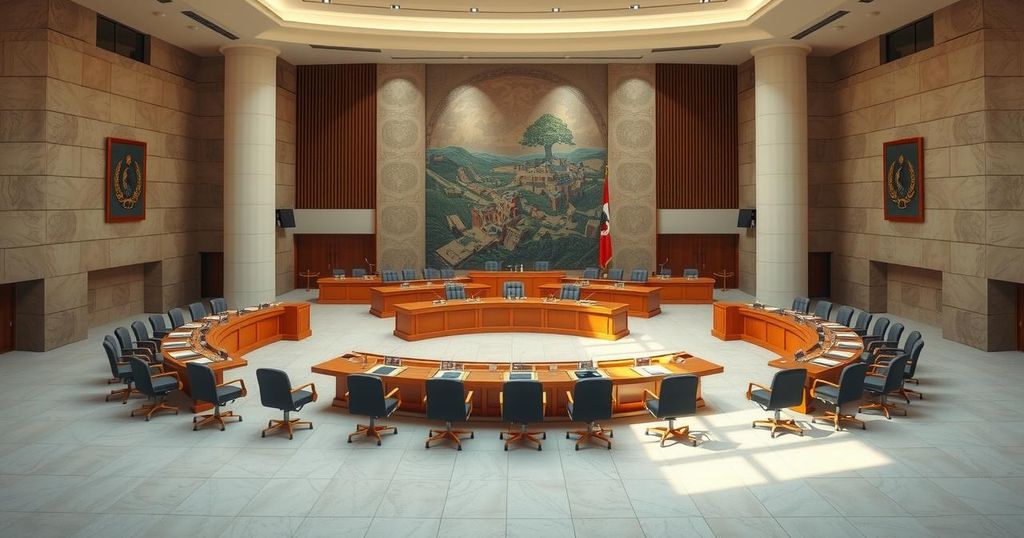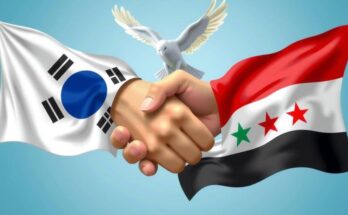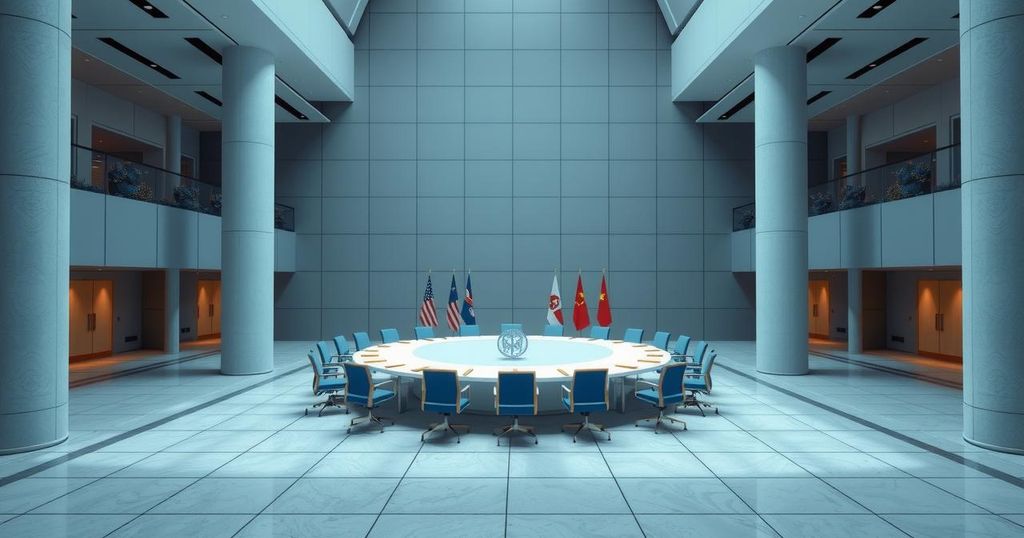M23 rebels, with Rwandan support, have captured Goma, escalating violence in the DRC and prompting international condemnation of Rwanda. The conflict has deep historical roots tied to the Rwandan genocide and involves significant humanitarian consequences. M23’s control of mineral-rich territories raises concerns about economic motivations behind the conflict, leading to strained relations between Congo and Rwanda.
Recently, M23 rebels, supported by Rwanda, have claimed substantial territorial victories, including the capture of Goma, a city abundant in minerals. This development has resulted in mass displacements and casualties, including the deaths of at least 13 peacekeepers. The situation has attracted widespread condemnation from Western nations urging Rwanda to cease its support for the rebel faction, although Kigali maintains its innocence regarding direct involvement in the conflict.
The current conflicts in the DRC stem from a complex history of ethnic violence and foreign interventions, exacerbated by the aftermath of the 1994 Rwandan genocide. Over the last three decades, an estimated six million individuals have died due to ongoing hostilities, and the region has remained a focal point of instability, prompting international peacekeeping efforts since 1999.
M23, a rebel group named after a 2009 peace agreement, accuses the Congolese government of failing to uphold their commitments. The group claims it exists to protect Tutsi interests from Hutu militias. Following its inception, M23 captured Goma in 2012 but was subsequently forced to retreat due to international pressure. The group has re-emerged forcefully in 2022, intensifying its military actions.
The M23’s advance is likely driven by the desire to control more mineral-rich regions, particularly coltan, which is pivotal for electronics manufacturing. Current estimates suggest the group could generate significant revenue through exploitation of these resources. The minerals in Goma include gold, diamonds, and cassiterite, which could further enhance the group’s military and economic strength.
The ongoing violence has led to the displacement of thousands, with relations between Congo and Rwanda deteriorating sharply. Following incidents that resulted in civilian casualties, including an attack near Goma that killed 12, the conflict has escalated. Congolese authorities have claimed significant casualties among their ranks while accusing Rwanda of waging a covert war by backing M23 militants.
The actions of Rwanda, which has received condemnation from the UK, US, and France, complicates international relations amid recent efforts to strengthen ties. For example, British officials have urged an immediate cessation of M23 attacks on peacekeepers. Meanwhile, Rwanda seeks to improve its image and economic partnerships with Western nations amid its reliance on foreign aid for economic stability.
The article discusses the escalating conflict in the Democratic Republic of Congo (DRC), primarily involving the Rwandan-backed M23 rebel group. The ongoing violence has historical roots stemming from ethnic tensions and the fallout from the Rwandan genocide in 1994. Over the years, this region has witnessed extensive involvement from foreign nations. The article examines recent military developments, humanitarian issues, and the international community’s response to Rwanda’s role in backing the M23 militants. M23’s resurgence poses significant implications for both the DRC’s mineral wealth and the regional stability of Central Africa. As foreign nations express concerns over Rwanda’s involvement, ongoing humanitarian crises unfold, revealing the multifaceted nature of this conflict and its broader geopolitical ramifications.
The situation in the DRC illustrates the complexity of regional conflicts fueled by historical grievances and economic interests. The M23 rebels’ capture of Goma marks a critical point in ongoing hostilities, raising urgent humanitarian concerns and prompting international scrutiny of Rwanda’s involvement. Despite condemnation from the West, Rwanda continues to assert its stance, leading to a precarious situation in the region that requires immediate attention and resolution. The challenges faced by the DRC encompass not only military engagements but also substantial social and economic consequences exacerbated by this ongoing conflict.
Original Source: www.telegraph.co.uk




